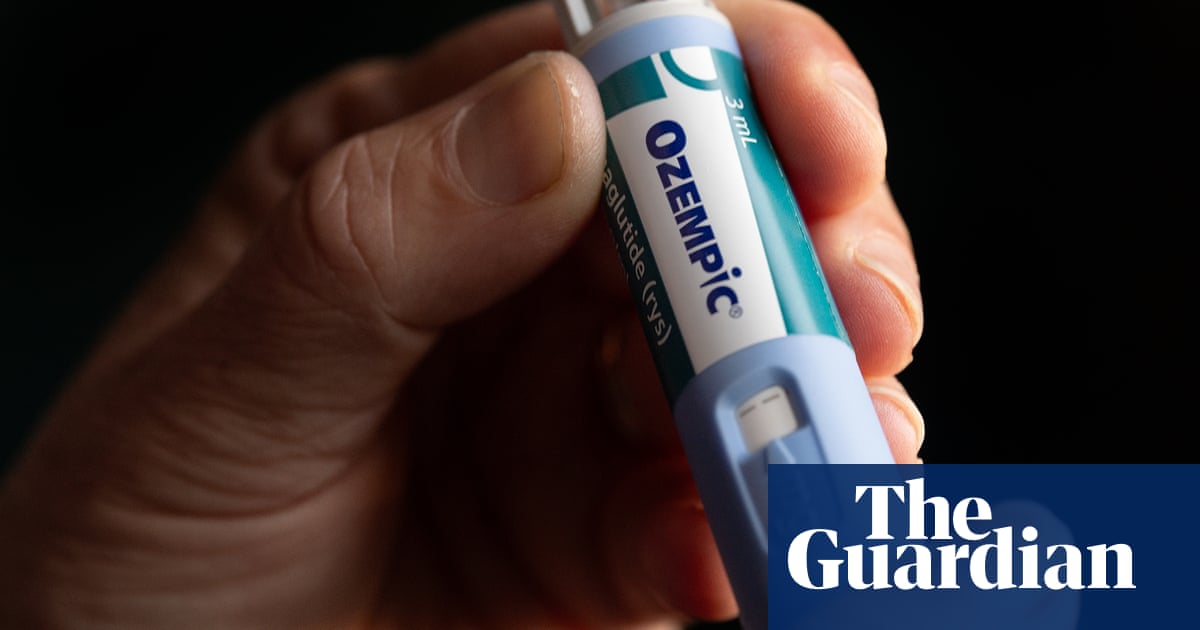Giving weight loss jabs to everyone eligible for them could boost the UK economy by £4.5bn, according to research.
Worldwide, about 3.8 billion people over 25 and just under 750 million children and young peopleare forecastto be overweight or obese by 2050. In England, 26.5% of adultsare obese, while across the UK 4.6 millionare diagnosedwith type 2 diabetes.
Obesity and type 2 diabetes areestimatedto cost the UK £100bn a year. While semaglutide, better known as Wegovy and Ozempic, has been linked to areduced risk of 42 conditions, the impact on quality of life and productivity has until now been less understood.
A new study, presented at the European Congress onObesityin Málaga, Spain, examined data from 2,660 participants in three semaglutide clinical trials in the UK who were living with obesity and/or type 2 diabetes. They found that taking semaglutide enabled them to each work five extra days and carry out 12 days of unpaid work such as volunteering or childcare, as well as reducing their consumption.
The authors valued these productivity gains – the annual “net production value” – at an average of £1,127 per person.
That equates to £4.31bn in potential annual net productivity gains for everyone living with severe obesity and £200m for those with type 2 diabetes, who would be eligible for semaglutide on the NHS – about 4 million people.National Institute for Health and Care Excellence guidelinesrecommend semaglutide for patients with a BMI of at least 35 and one weight-related condition.
Robert King, a senior health economist at the consultancy Lane Clark & Peacock and co-author of the research, said the study showed there was a wider societal impact of weight loss jabs that needed to be taken into account.
“Even if you are getting a relatively small [productivity] gain per person, it really does stack up to large impact at the population level. So treating these chronic diseases at scale, prioritising them for treatment is really important.”
Naveed Sattar, a professor of cardiometabolic medicine and honorary consultant at the University of Glasgow, said that while the potential cost benefits for society from weight loss medication extended well beyond medical outcomes, the relative high cost of the drugs “means that the total costs for the medicines is still considerably greater than the likely total health and societal gains.
“This means for now, countries cannot afford to treat all those who stand to benefit, but rather must restrict use to those with highest needs and where costs are most likely to be recovered from health gains.”
Wes Streeting, the health secretary, said:“These drugs could have colossal clout in our fight to tackle obesity and in turn get unemployed Britons back to work, and we will carefully consider the results of this important research.”
